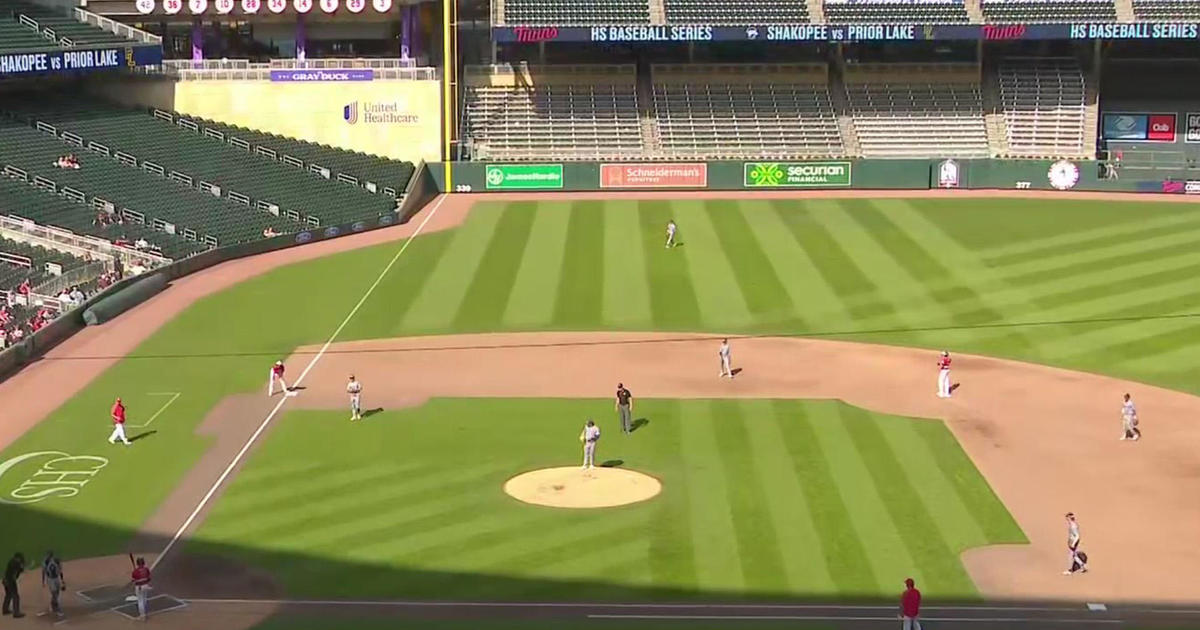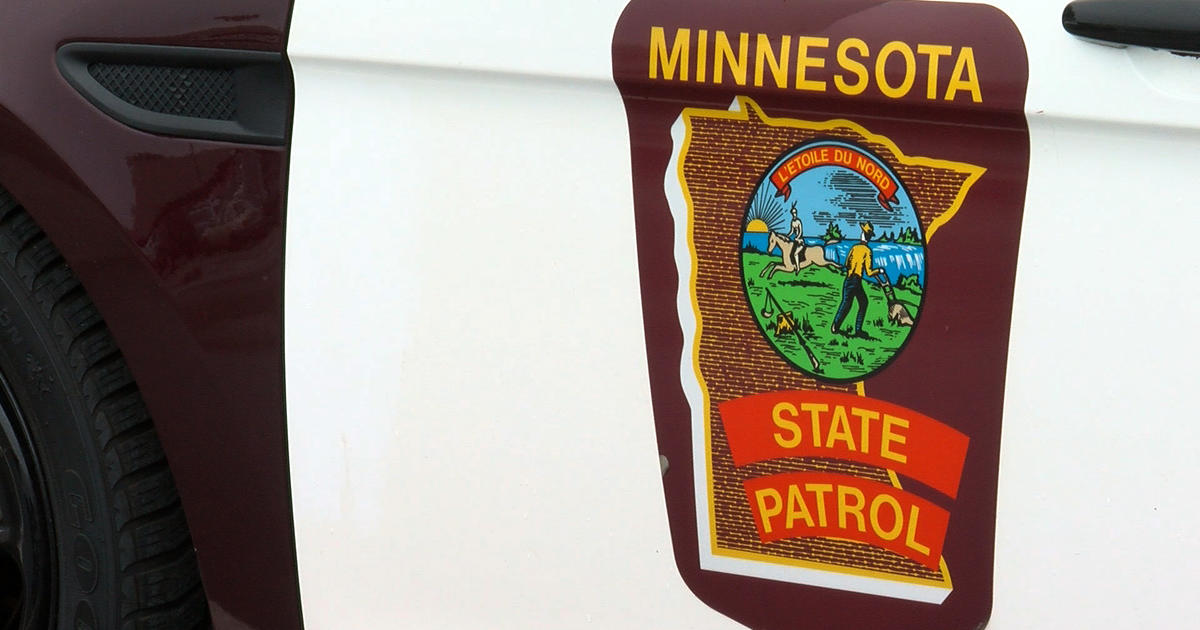DNR Seeks To Raise Park, License Fees
MINNEAPOLIS (WCCO) -- Millions visit Minnesota's state parks and trails every year.
The Department of Natural Resources now wants to raise park and license fees to keep up with the growing demand.
"We're always hesitant to ask people for more, but I would say if we don't get that, look at what we're going to lose," said DNR Commissioner Tom Landwehr.
He says the extra dollars are necessary to keep services as they are right now. He spoke with WCCO about where that money would go, and what could be lost if it's not approved at the capitol.
Minnesota is home to 75 parks and recreation areas, hundreds of trails, public waterways and miles of snowmobile trails.
"It's a very big footprint, it's all over the state," Landwehr said.
It's a legacy that Landwehr is committed to managing and preserving
"When you look at Minnesota, you look at us as a destination, all of those things add up to a quality of life that is just, you know, second to none across the U.S.," Landwehr said.
And that comes at a price. The annual budget is roughly $600 million. Eighty-five percent of that comes from fees.
"It's a system that has been built up over 100 years where users ask us to provide some services and then they are willing to pay for it," Landwehr said.
He says fees must increase to keep up with inflation, to maintain current services and meet the growing demand for them. Under the governor's budget, here's some of what's proposed:
- A daily park permit would increase by $1 a day, from $5 to $6
- An annual pass would go from $25 to $30 a year
- The annual fishing license would go up by $3 a year, from $22 to $25
- Deer hunting by $4 from $30 to $34
- Snowmobile registration would increase by $10 a year, from $25 to $35
- There are also increases for ATVs, cross-country skiing and watercraft
"So pretty modest increases in all of them, but that will get us through another six years or seven years before we have to look at adjusting fees again, just to continue to provide the sort of level of service we've got right now," Landwehr said.
The House and Senate introduce their own budgets, then iron out their differences. Landwehr says from what he's seen so far, proposed cuts could result in a severe reduction of services.
"This is always, you know, it's a three-way negotiation here, and, you know, I can't predict from this point what we're likely to end up with," Landwehr said. "But if it is substantively less than the governor's proposal, there will be negative impacts."
The full effect won't be known until the state budget is approved. Landwehr said if the DNR doesn't get the increases, cuts wouldn't be as bad as the government shutdown a few years ago, but people will feel the impact.
GOP Sen. Bill Ingebrigtsen, the assistant majority leader, gave this statement to WCCO:
In 2012, as Chair of the Senate Environment and Natural Resources Committee, I advocated for increases to DNR fees the last time they were raised.
It's only been four years, and historically, fees have not increased that often. I understand the need, but I also think the DNR has some work to do to trim the bureaucracy and save manpower, like making permitting less complicated.
I will continue to be a strong advocate for the DNR and the wonderful work that they do so Minnesotans can continue to enjoy the outdoors.



